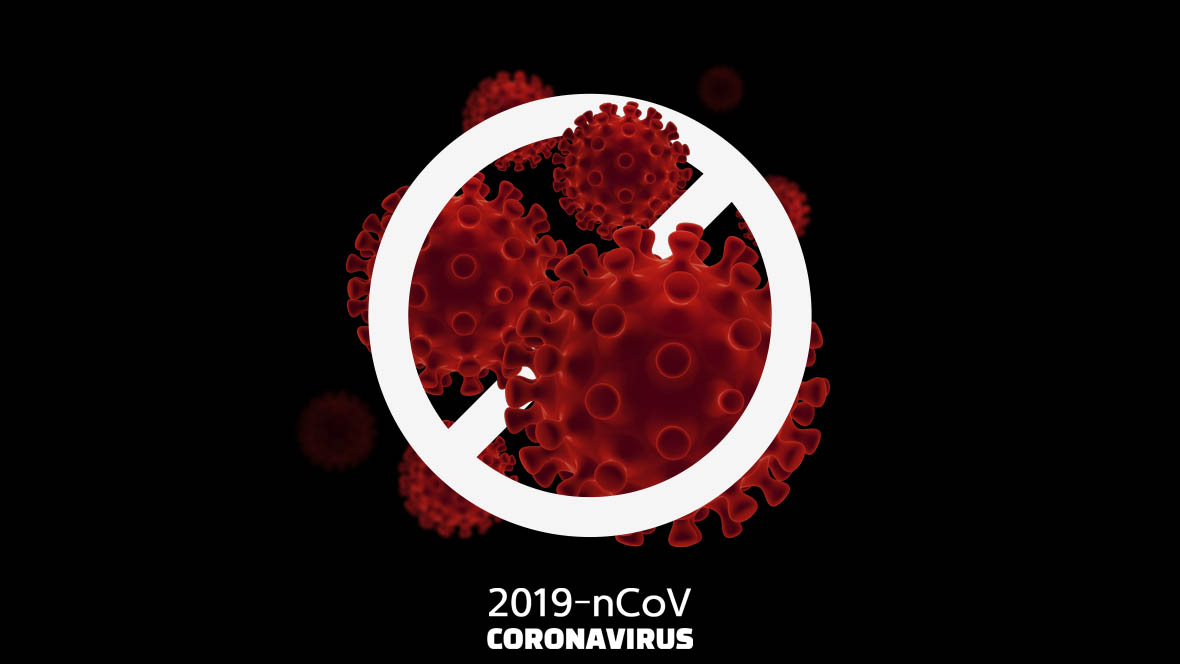According to WHO, Coronaviruses (CoV) are a large family of viruses that cause illness ranging from the common cold to more severe diseases such as Middle East Respiratory Syndrome (MERS-CoV) and Severe Acute Respiratory Syndrome (SARS-CoV). On 11 February 2020 the WHO gave the disease caused by the new coronavirus an official name: COVID-19, short for coronavirus disease 2019. It is recognized as a pandemic by the World Health Organization (WHO) on 11 March 2020.
Origin of Coronavirus:
“A 55-year-old individual from Hubei province in China may have been the first person to have contracted COVID-19, the disease caused by the new coronavirus spreading across the globe. That case dates back to Nov. 17, 2019, according to the South Morning China Post.”
According to Live Science.
Cases in Wuhan were reported month after this case. As there are many rumors on social media that the virus is transmitted to humans through the bat soup in Wuhan due to video that went viral showing a young woman tucking into bat meat soup in a restaurant at Wuhan. Later it was known that video is not of Wuhan Restaurant where the soup was served. Now it is clear that some infected people had no connection to the market. Scientists now suspect that coronavirus is originated in a bat and somehow transferred to another animal, possibly the pangolin, which then passed it on to humans.
How it can be transmitted?
- Coronavirus can be transmitted through sneeze or cough droplets, when you come into close contact with someone who has the Virus and is coughing or sneezing.
- By touching surfaces that someone who has the virus has coughed or sneezed on as this is heavy virus by mass and so rely more on any surface than in air.
The virus can only survive a few hours if someone who has it coughs or sneezes on a surface. So practicing good hygiene can prevent it.
What are the symptoms of Coronavirus?
People may experience following symptoms:
- Runny nose
- Sore throat
- Cough
- Fever
- Difficulty breathing (severe cases)
Some people who were the victims of COVID-19 have also experienced problems affecting digestion or eye complaints (conjunctivitis).
https://t.co/opVxzE0jcp The world is currently facing a pandemic with no vaccine nor any medication to treat coronavirus. The best prevention is to stay at home and stay safe. #COVIDー19 #Masks4All #COVID19Pandemic #Quarantine pic.twitter.com/IMP7KQe6QX
— PromiAD (@promiadofficial) April 1, 2020
Treatment:
There is no treatment or medicine for COVID-19, but medical care can treat most of the symptoms. Doctors are trialing already used drugs for viruses such as Ebola and HIV. Antibiotics do not work on viruses.
Prevention and Precautions:
According to WHO:
- You can reduce your risk of infection if you:
- Clean hands frequently with alcohol-based hand rub or soap and water.
- Cover nose and mouth when coughing and sneezing with tissue or flexed elbow.
- Avoid close contact (1 meter or 3 feet) with anyone with cold or flu-like symptoms.
Other than these you should wear face mask, avoid going out, stay home, avoid public places, keep your surroundings clean, and avoid travelling.
Muhammad Usman
Related posts
Hot Topics
Subscribe
* You will receive the latest news and updates on your favorite celebrities!

